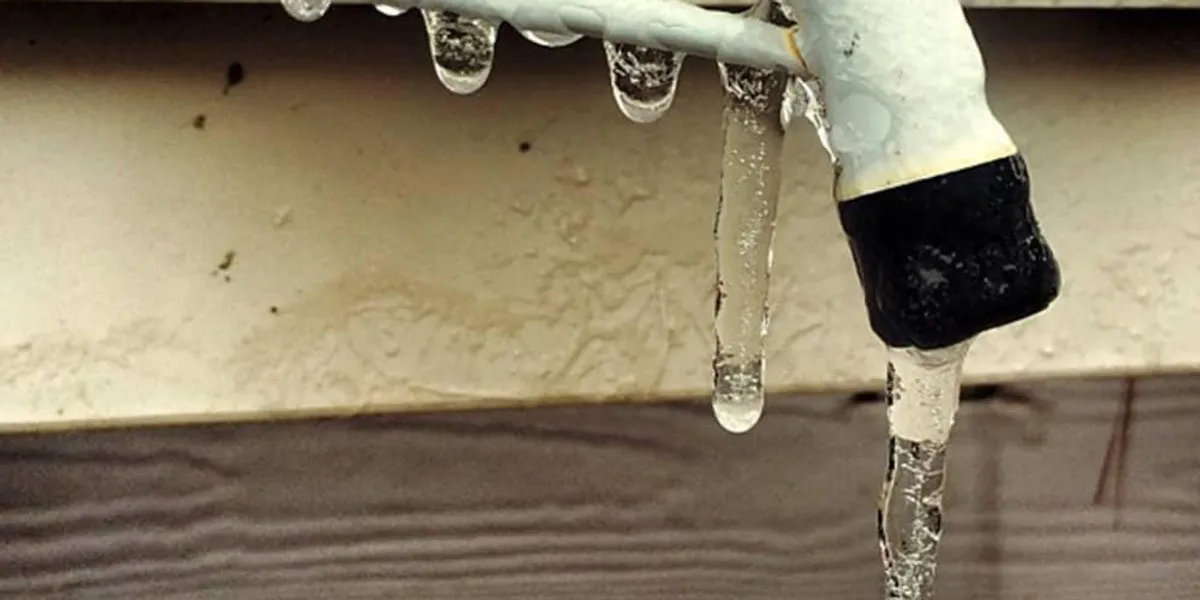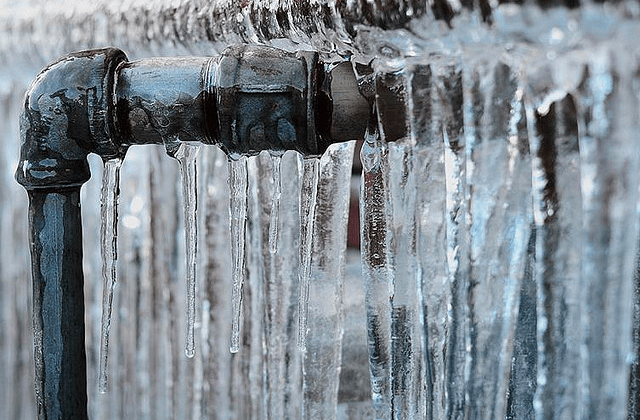Shielding Your Pipes from Cold Weather Damage: Key Approaches
Shielding Your Pipes from Cold Weather Damage: Key Approaches
Blog Article
What're your opinions about 6 Ways to Prevent Frozen Pipes?

Winter can wreak havoc on your plumbing, especially by freezing pipelines. Below's how to prevent it from occurring and what to do if it does.
Introduction
As temperatures decline, the threat of icy pipes increases, possibly leading to pricey repair services and water damage. Understanding just how to avoid frozen pipelines is vital for property owners in cold environments.
Understanding Icy Pipes
What creates pipes to ice up?
Pipes ice up when exposed to temperature levels below 32 ° F (0 ° C) for prolonged durations. As water inside the pipes ices up, it expands, putting pressure on the pipeline walls and potentially creating them to burst.
Dangers and damages
Icy pipes can cause water supply interruptions, building damage, and expensive repair services. Ruptured pipelines can flooding homes and create extensive structural damage.
Signs of Frozen Pipeline
Determining icy pipes early can avoid them from rupturing.
Just how to identify icy pipes
Seek reduced water flow from taps, uncommon odors or noises from pipes, and visible frost on subjected pipes.
Avoidance Tips
Shielding at risk pipelines
Wrap pipes in insulation sleeves or use warm tape to secure them from freezing temperature levels. Focus on pipes in unheated or external areas of the home.
Home heating methods
Maintain interior rooms effectively heated, specifically areas with plumbing. Open up cabinet doors to enable cozy air to circulate around pipes under sinks.
Shielding Outdoor Plumbing
Yard tubes and outdoor faucets
Detach and drain pipes yard hoses before wintertime. Mount frost-proof faucets or cover exterior taps with shielded caps.
What to Do If Your Pipes Freeze
Immediate actions to take
If you suspect frozen pipes, keep taps open up to relieve pressure as the ice thaws. Make use of a hairdryer or towels taken in warm water to thaw pipes slowly.
Long-Term Solutions
Structural adjustments
Think about rerouting pipes away from exterior walls or unheated areas. Add extra insulation to attics, cellars, and crawl spaces.
Updating insulation
Buy high-grade insulation for pipes, attics, and walls. Proper insulation aids keep constant temperatures and lowers the threat of frozen pipelines.
Conclusion
Protecting against icy pipes needs proactive actions and quick responses. By recognizing the causes, indications, and safety nets, homeowners can secure their pipes throughout cold weather.
Helpful Tips to Prevent Frozen Pipes this Winter
UNDERSTANDING THE BASICS: WHY PIPES FREEZE AND WHY IT’S A PROBLEM
Water freezing inside pipes is common during the winter months, but understanding why pipes freeze, and the potential problems it can cause is crucial in preventing such incidents. This section will delve into the basics of why pipes freeze and the associated problems that may arise.
THE SCIENCE BEHIND FROZEN PIPES
When water reaches freezing temperatures, it undergoes a physical transformation and solidifies into ice. This expansion of water as it freezes is the primary reason pipes can burst. As the water inside the pipe freezes, it expands, creating immense pressure on the walls. If the pressure becomes too great, the pipe can crack or rupture, leading to leaks and water damage.
FACTORS THAT CONTRIBUTE TO PIPE FREEZING
Low Temperatures: Extremely cold weather, especially below freezing, increases the risk of pipes freezing. Uninsulated or Poorly Insulated Pipes: Pipes located in unheated areas, such as basements, crawl spaces, or attics, are more prone to freezing. Insufficient insulation or lack of insulation altogether exacerbates the problem. Exterior Wall Exposure: Pipes running along exterior walls are susceptible to freezing as they encounter colder temperatures outside. Lack of Heating or Temperature Regulation: Inadequate heating or inconsistent temperature control in your home can contribute to frozen pipes. PROBLEMS CAUSED BY FROZEN PIPES
- Pipe Bursting: As mentioned earlier, the expansion of water as it freezes can cause pipes to burst, resulting in significant water damage.
- Water Damage: When pipes burst, it can lead to flooding and water damage to your property, including walls, ceilings, flooring, and personal belongings.
- Structural Damage: Prolonged exposure to water from burst pipes can compromise the structural integrity of your home, leading to costly repairs.
- Mold and Mildew Growth: Excess moisture from water damage can create a favorable environment for mold and mildew growth, posing health risks to occupants.
- Disrupted Water Supply: Frozen pipes can also result in a complete or partial loss of water supply until the issue is resolved.
WHY CERTAIN PIPES ARE MORE PRONE TO FREEZING
- Location: Pipes located in unheated or poorly insulated areas, such as basements, crawl spaces, attics, or exterior walls, are at higher risk of freezing.
- Exterior Pipes: Outdoor pipes, such as those used for irrigation or exposed plumbing, are particularly vulnerable to freezing as they are directly exposed to the elements.
- Supply Lines: Pipes that carry water from the main water supply into your home, including the main water line, are critical to protect as freezing in these lines can affect your entire plumbing system.
- Underground Pipes: Pipes buried underground, such as those connected to sprinkler systems or outdoor faucets, can be susceptible to freezing if not properly insulated.
https://busybusy.com/blog/helpful-tips-to-prevent-frozen-pipes-this-winter/

Hopefully you liked our section about Winter Plumbing Precautions: Preventing Frozen Pipes. Thanks a ton for taking a few minutes to read our piece. Please take the opportunity to share this article if you appreciated it. Many thanks for your time spent reading it.
Go Deal Report this page